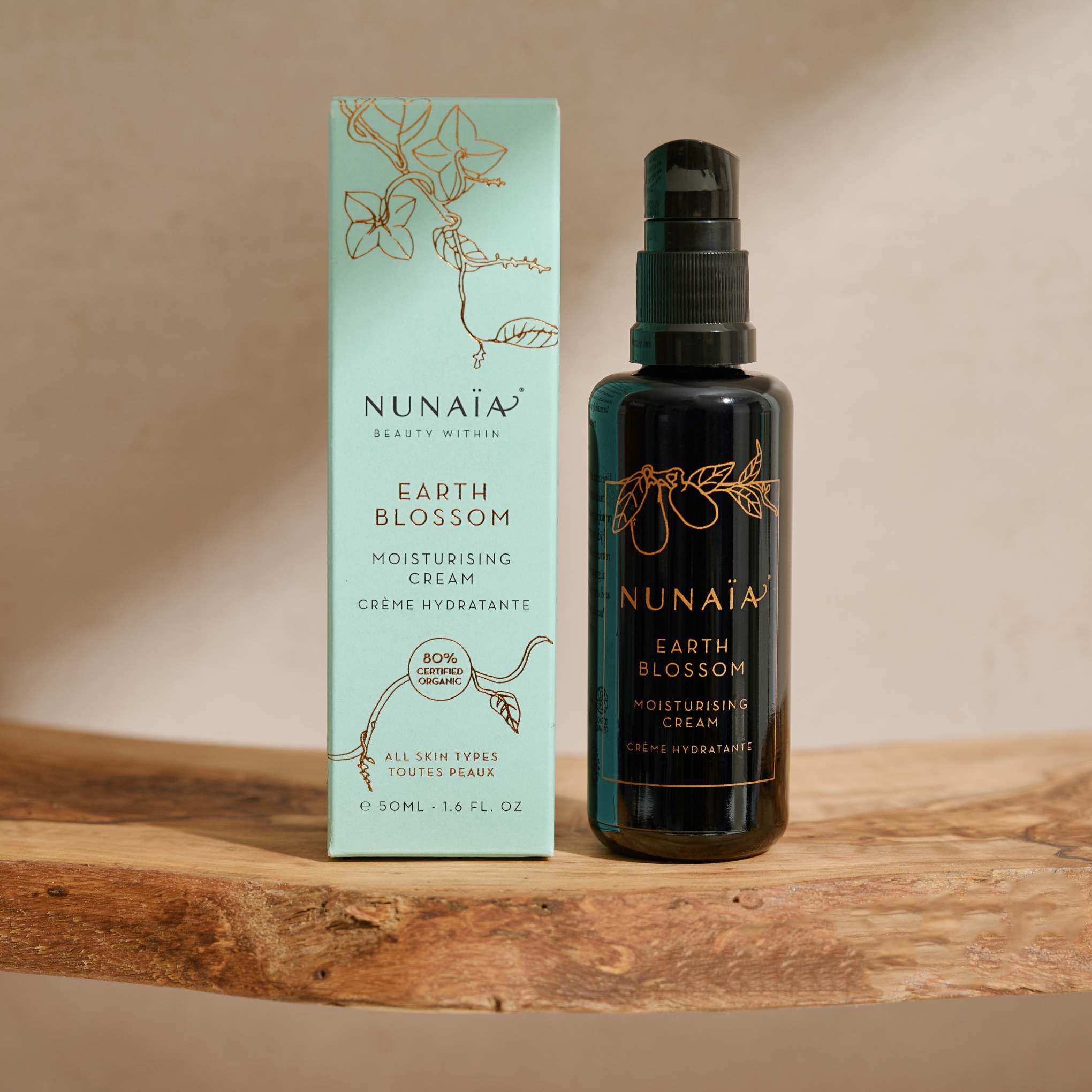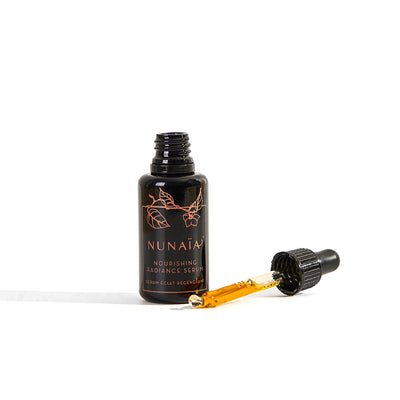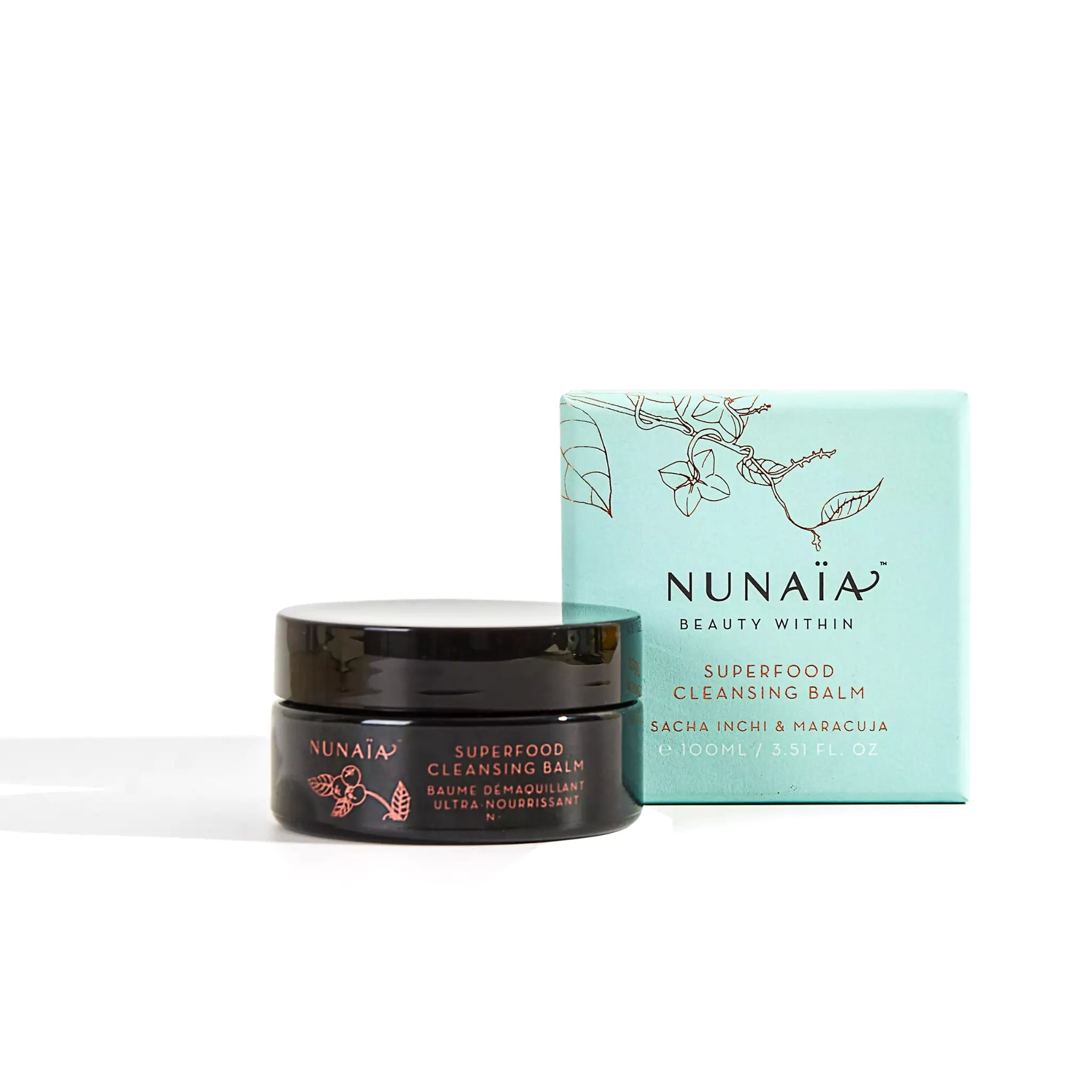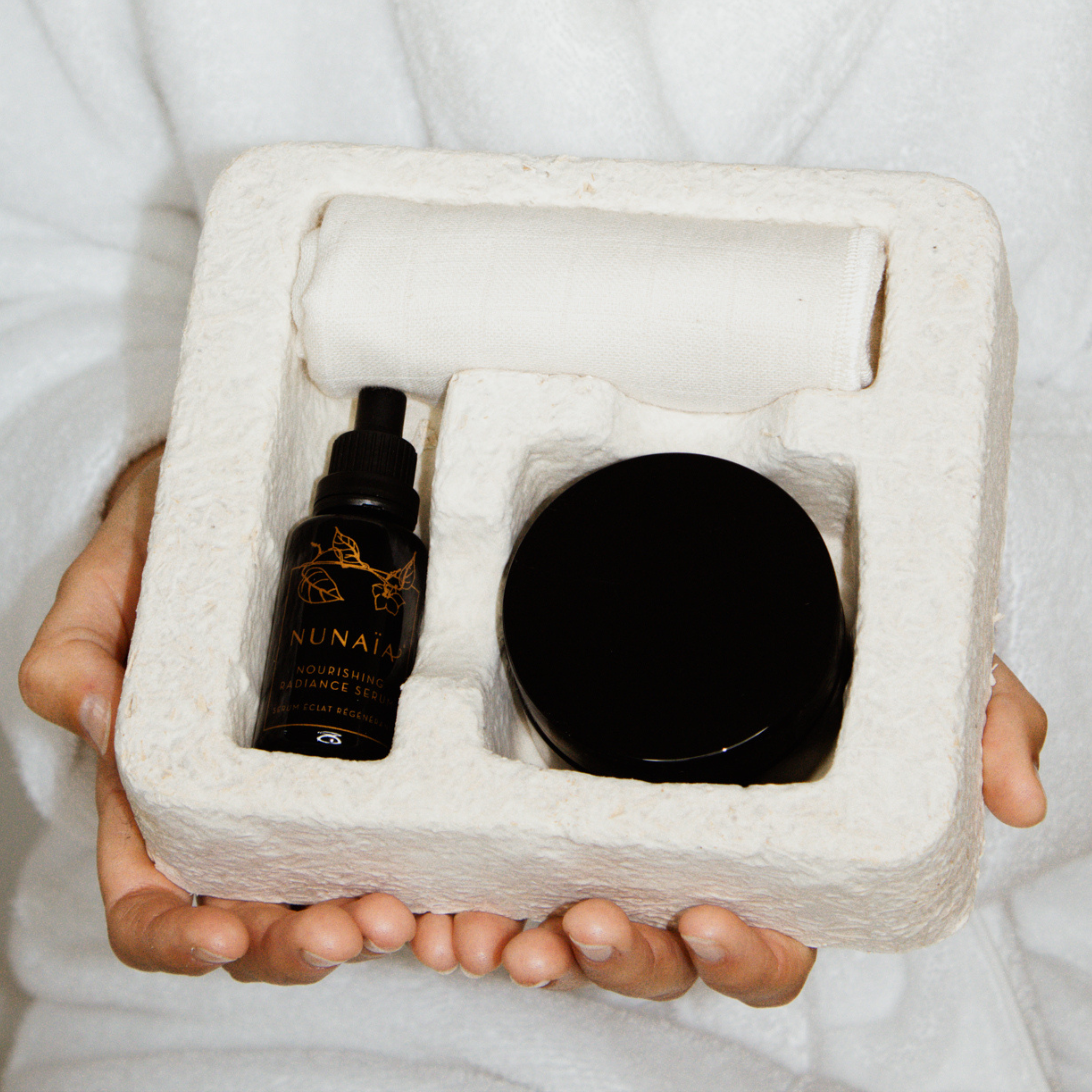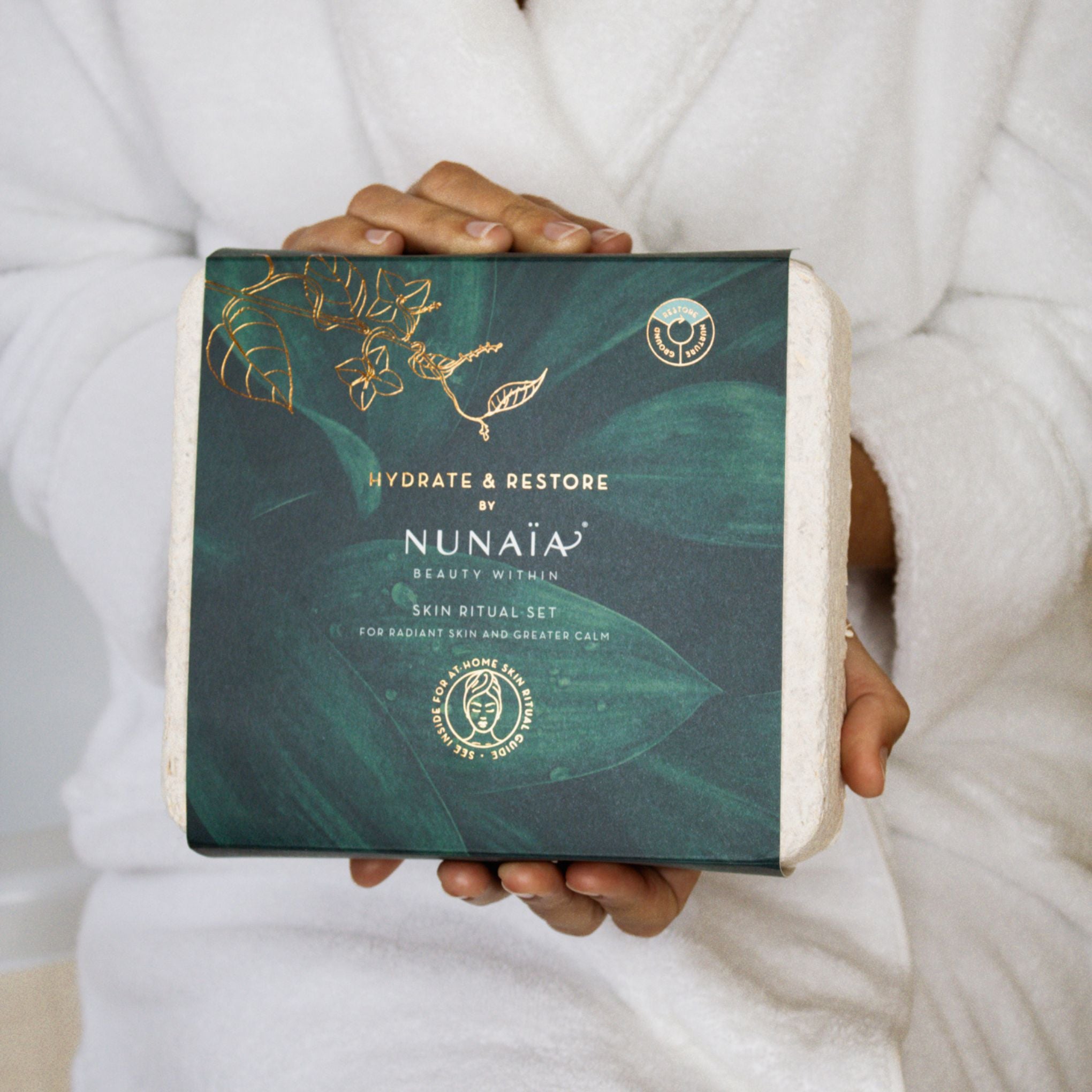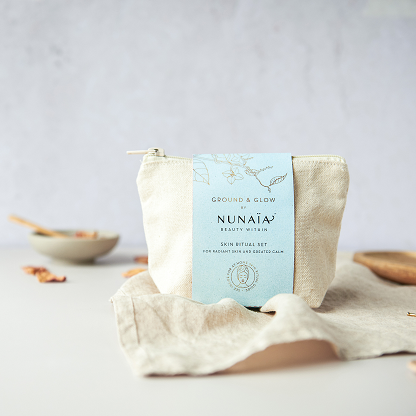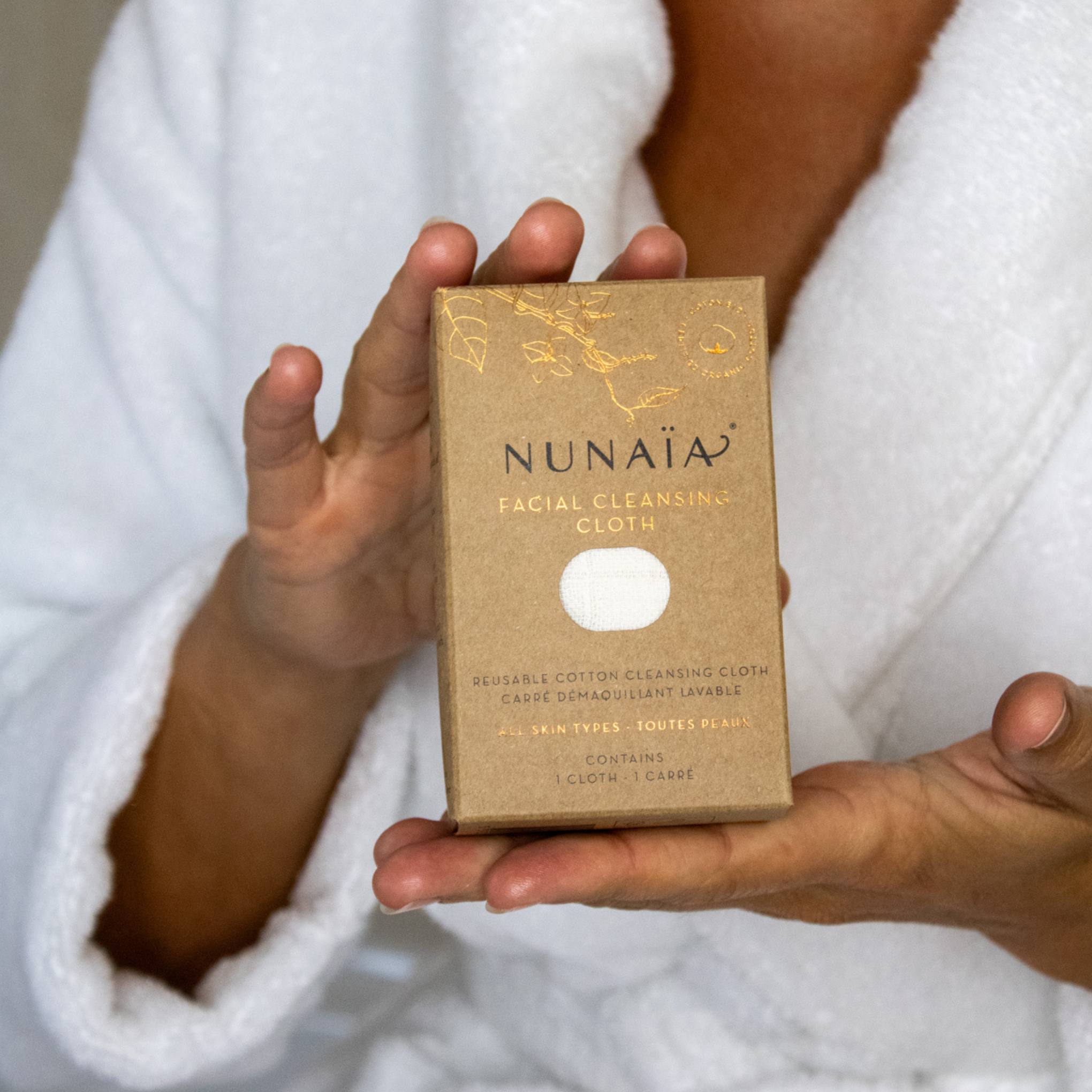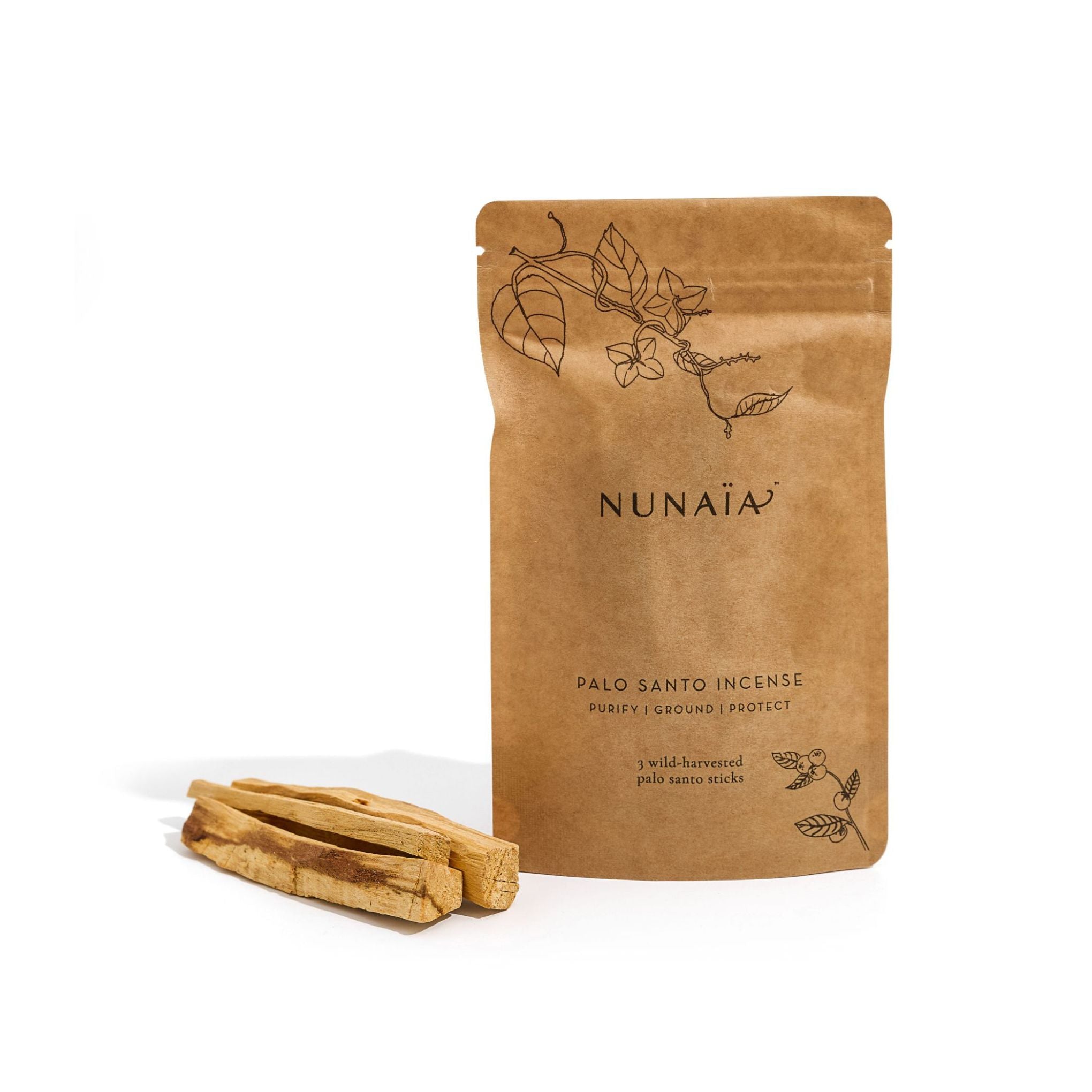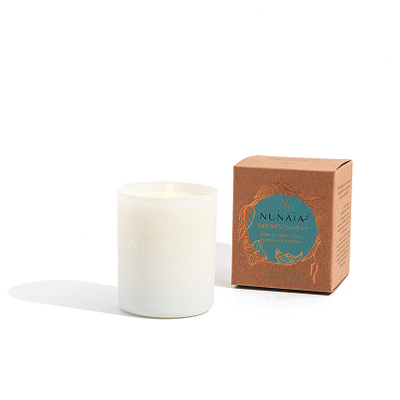Are you confused about the different labels, terms and jargon used in the organic skin care industry? We've talked to hundreds of women around the world who all told us the same thing: "We're confused", "Who can we trust?", "What does all the jargon actually mean?".
Read on for the answers!
What Is Certified Organic Skin Care?
Organic skin care means skin care products that are made using natural ingredients that are organically farmed. Organically farmed ingredients means ingredients that are farmed without using any herbicides, pesticides, GMO ingredients or synthetic chemicals.
As with organic food, certified organic skin care ingredients are thought to have a higher nutrient quality than conventionally grown ingredients. So, if formulated correctly these products mean more benefits for your skin and overall health.
What is certified organic skin care?
Certified organic skin care means brands and products that have undergone a stringent and rigorous third-party certification process to guarantee they genuinely are organic.
 Organic certification guarantees that brands use natural ingredients from organic farming that are sourced and manufactured sustainably with non-GM ingredients, herbicides, pesticides or synthetic chemicals or fragrances. In order to get organic certification skin care brands also have to use ingredients that are sourced sustainably and don’t damage the environment as well as use ethical, safe manufacturing processes and green packaging.
Organic certification guarantees that brands use natural ingredients from organic farming that are sourced and manufactured sustainably with non-GM ingredients, herbicides, pesticides or synthetic chemicals or fragrances. In order to get organic certification skin care brands also have to use ingredients that are sourced sustainably and don’t damage the environment as well as use ethical, safe manufacturing processes and green packaging.
At Nunaïa we are an organic skin care brand and believe that no one and nothing should suffer from what we put on our skin and that the best way to guarantee our ethical ‘Soil to Skin’ philosophy was by getting organic certification through the Ecocert COSMOS organic certification label.
How does a skin care brand get organic certification?
Organic certification is a stringent process where the entire supply chain of a skin care brand is audited including ingredient suppliers, formulation and manufacturing processes, traceability of ingredients and suppliers, packaging and environmental management. The process typically takes several months and involves an annual audit and paying an annual certification fee.
It's a long, labour intensive process but we believe it's worth it. It helps our customers tell at a glance that we are genuinely certified organic.
Can any skin care product say it’s organic?
Unfortunately, yes. There is currently no regulation of the term ‘organic’ in the EU. Any brand can use this term on their products even if they have just one organic ingredient in their product. This is why we always recommend reading the product label carefully.
How can I tell if a product is truly organic?
The only way to tell if a product is genuinely organic is to look for a recognised organic certification logo on each skin care product you buy like the Eco-cert COSMOS Organic or the Soil Association COSMOS logo - two of the best regarded certification bodies in the E.U.
At Nunaïa we have Eco-cert COSMOS Organic Certification and we're proud to hold one of the highest certifications in Europe at 99.5%!


What are the different types of organic skin care certifications available?
Since the 1st of January 2017, COSMOS became the new European standard for organic skin care with the aim of standardising the different certifications available in different countries. There are five main organic certification bodies in Europe: ECOCERT (France), Cosmebio® (France), BDIH® (Germany), AIAB/ICEA (Italy) and Soil Association® (UK). They are all now operating under the COSMOS standard so look out for logos like the Ecocert COSMOS organic logo above.
The COSMOS Organic standard requires that 95% of the product’s agro-ingredients be certified organic. The final product must contain at least 20% of organic ingredients excluding water or minerals. The remaining 80% of the finished product may be of natural origin if these ingredients are pre-approved for use by COSMOS.
How can I tell if a skin care product is certified organic?
-
Look for an organic certification logo on your products. These could include Eco-cert COSMOS organic and Soil Association COSMOS Organic.
-
Look for the percentage of organic ingredients in the product. This should be clearly displayed on the product label. For example, Nunaïa’s Nourishing Radiance Serum is 99.5% organic certified and states this clearly on the box.
